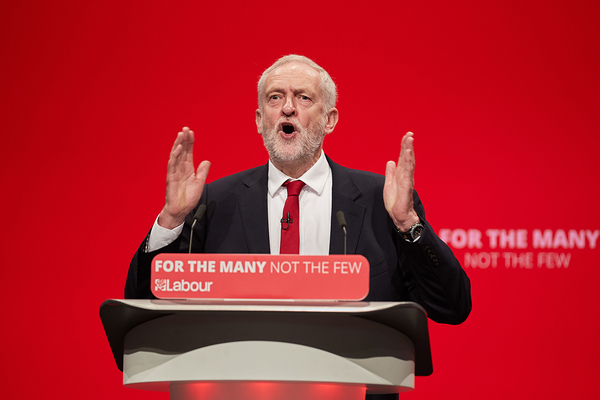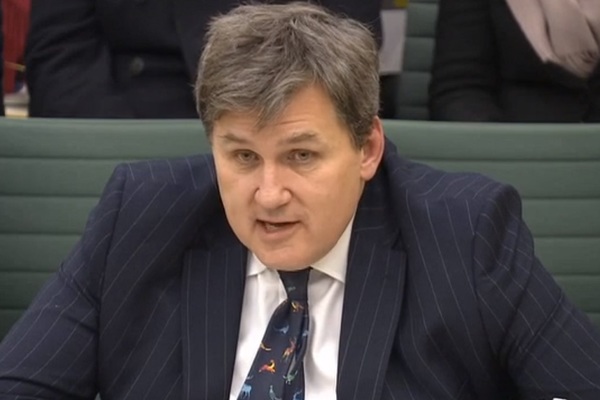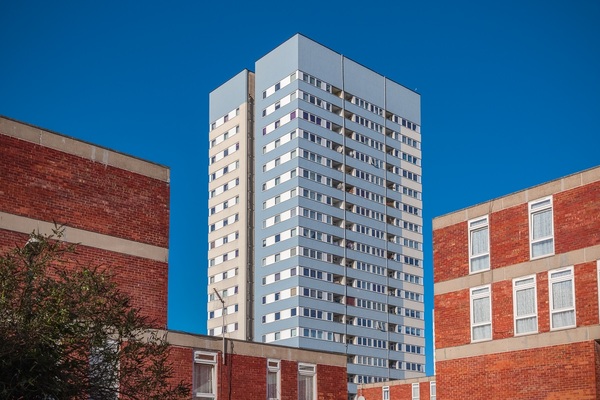You are viewing 1 of your 1 free articles
Government’s Grenfell response ‘far too slow’, MPs say
The government has been far too slow in responding to the Grenfell Tower fire over the past two years, MPs have said.
In a report, the Housing, Communities and Local Government (HCLG) Committee has demanded that the government “pick[s] up the pace of reform, before it is too late and we have another tragedy on the scale of Grenfell Tower”.
It called on ministers to set a realistic, but short, deadline for all buildings covered in dangerous cladding and to provide more funding for this work.
Government funds, the report said, should not be limited to Grenfell-style aluminium composite material (ACM) cladding, but should cover the removal of all forms of dangerous cladding from any high-rise or high-risk building.
Inside Housing’s End Our Cladding Scandal campaign has called on the government to provide funds for removing all types of dangerous cladding from private and social blocks, including non-ACM materials.
MPs went on to recommend that the government be ambitious with the timeline of when its new regulatory regime will come into force, prioritising measures to strengthen the voices of residents.
In its final key conclusion, the committee’s report found that the government and the Royal Borough of Kensington and Chelsea (RBKC) “have continued to be too slow to provide the support and services needed by people affected by the fire”.
Clive Betts, chair of the HCLG Committee, said in a statement: “We are two years on from the Grenfell Tower disaster and the government is far behind where it should be in every aspect of its response.
“Further delay is simply not acceptable. The government cannot morally justify funding the replacement of one form of dangerous cladding, but not others. It should immediately extend its fund to cover the removal and replacement of any form of combustible cladding – as defined by the government’s combustible cladding ban – from any high-rise or high-risk building.”
Specifically, the committee’s report called on the government to make sprinklers mandatory in all new existing high-rise and high-risk buildings where structurally feasible, a key ask of Inside Housing’s Never Again campaign.
Matt Wrack, general secretary of the Fire Brigades Union, added: “This report echoes all of the warnings we have made about the government’s half-hearted response to Grenfell. The removal of flammable ACM cladding has been painstakingly slow – only one building had its ACM cladding removed last month.
“The government’s approach has also abandoned the tens of thousands of people in buildings covered with other flammable materials.”
At a seminar hosted by the Fire Protection Association, Jonathan O’Neill, the organisation’s managing director, displayed similar sentiments. He said it is “unbelievable” that, aside from the ban on combustible materials, the government has not changed anything about the building regulations since Grenfell.
A spokesperson for the Ministry of Housing, Communities and Local Government said: “Public safety is paramount and within days of the Grenfell Tower fire a comprehensive Building Safety Programme was put in place to ensure residents of high-rise properties are always kept safe.
“We have committed up to £600m to fund the removal and replacement of unsafe ACM cladding on high-rise social and private residential buildings.
“Ultimately building owners are responsible for the safety of their building and we expect them to carry out work quickly – anything less is unacceptable.
“At the same time, we are supporting the bereaved, survivors and their families of the Grenfell Tower tragedy and have already committed over £100m.”
An RBKC spokesperson said: “We have always worked at the pace of survivors and bereaved and we do not set deadlines for what are very big decisions, such as moving to a new home. We have committed further funding to continue the recovery effort, alongside the NHS, to continue supporting families from Grenfell Tower and [Grenfell] Walk, as well as the wider community.
“Staff have never stopped caring, and never stopped working, and that will continue to be the case when every family is in their new home.”
Update: at 9.04 on 18.7.19
This story was updated to include a comment from an RBKC spokesperson.











